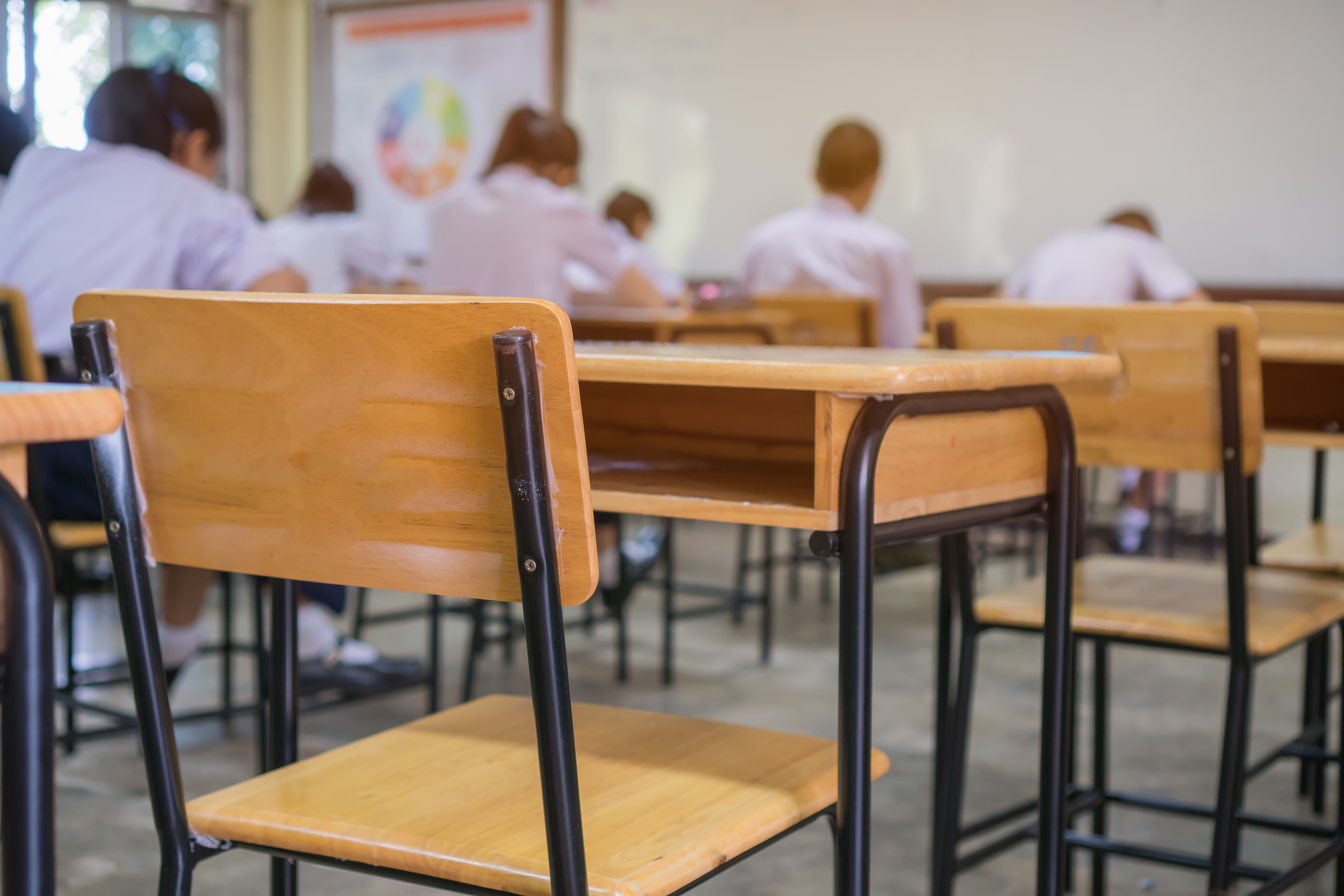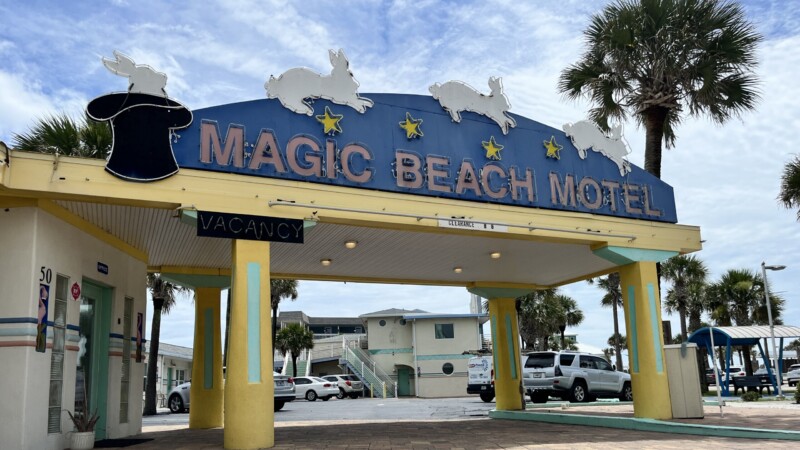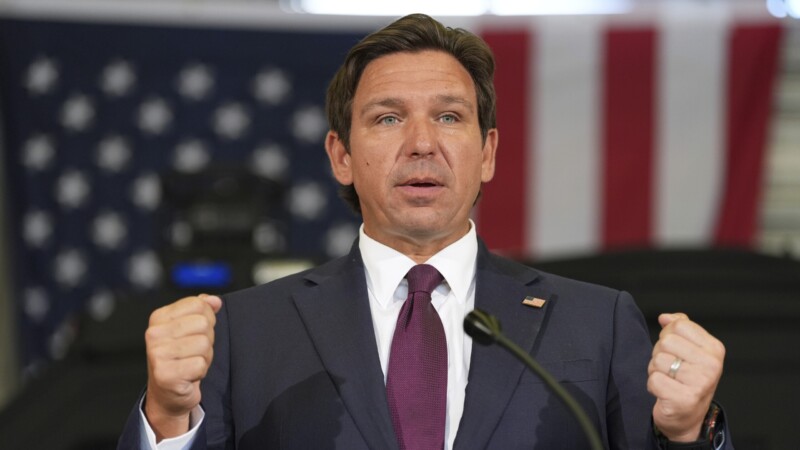Nearly 123,000 new students have received private school vouchers after state lawmakers this year passed a major expansion of voucher programs, while a group that administers the programs says they will not bring an “exodus” from public schools as critics have predicted.
As of Sept. 8, 242,929 students had enrolled in 2,098 private schools using vouchers through the state’s two main programs, the Florida Tax Credit Scholarship and Family Empowerment Scholarship, according to a report by Step Up for Students, an organization that administers the vast majority of vouchers in the state.
That is an increase from the roughly 170,000 students who received vouchers through the programs during the 2022-2023 school year.
Of the nearly 243,000 students this year, 122,895 “are new to the programs,” though many had already been enrolled in private schools, according to Step Up for Students.
“Of the 122,895 new students, 84,505 (69%) were already in private school, 16,096 (13%) came from public schools, and 22,294 are entering kindergartners,” the report released Wednesday said. “Does 16,096 represent an ‘exodus’ from the public schools as critics forecast HB 1 (the bill that included the expansion) would cause?”
As the bill was debated during this year’s legislative session, Democrats and other critics argued that such an expansion of the voucher programs would lead to large numbers of students exiting traditional public schools.
While Step Up for Students pushed back against the criticism, the nonprofit Florida Policy Institute raised concerns about some of the newly released data.
“As we continue to analyze the data provided by Step-Up For Students, what initially stands out is that roughly 7 in 10 new scholarship awards are going to students already enrolled in private school, at what FPI (Florida Policy Institute) estimates is a $676 million cost to the state,” the Florida Policy Institute, which strenuously opposed the voucher expansion, said in a statement Thursday.
The nonprofit added that the voucher “money is going to subsidize tuition that families were already paying, an average of $8,000, that they can now use for other purposes.”
The Florida Policy Institute and dozens of other groups wrote a letter to state education officials Wednesday asking for “transparency” on the voucher programs. Step Up for Students released a report responding to the inquiry.
The expansion, in part, involved eliminating income-eligibility requirements for receiving vouchers.
The report said that 27% of the voucher students enrolled this year in private schools are from households with incomes above $120,000 — which is 400% of the federal poverty level for families of four — or from families who “did not submit income information.” About 29% are from families whose incomes are between 185% and 400% of poverty level, which would include household incomes of up to $120,000 for families of four. Another 44% are from families below 185% of the federal poverty level, or $55,000 in income for a family of four.
Meanwhile, the state’s voucher program that serves students with special needs, called the Family Empowerment Scholarships for Students with Unique Abilities, also has grown. Step Up for Students reported that 79,035 students have been awarded the scholarships, compared to about 70,000 last year.
Step Up for Students also said the number of students enrolled in the voucher programs this year has not surpassed an amount of money set aside in the state budget. The organization said the budget “assumed” 261,324 students would receive vouchers through the programs for the broader population of students and 93,357 students would with vouchers through the program for students with special needs.
Lawmakers held some additional money in reserve in case costs exceeded the budgeted amount.
“Since enrollments are currently trending below this line, it appears unlikely at this time that the state will need to dip into the extra funds set aside to support public and private school enrollments,” Step Up for Students said.
The organization noted that it has received applications for 353,425 vouchers for the Tax Credit and Family Empowerment scholarships and has “awarded” 340,731 vouchers. But not all of the awarded vouchers will be used.
“It is important to note that Awarded only means a student was found eligible to receive a scholarship. It does not mean that all Awarded scholarships are used (and therefore funded). Every year there are more Awarded scholarships than there are Enrolled/Funded,” the organization said.
Another change that came with this year’s expansion allowed homeschooled students to receive vouchers.
The law created what is known as the Personalized Education Program, which the state Department of Education’s website said was “created to serve Florida’s home education population who would like access to an education saving account to fund their student’s learning.”
According to Step Up for Students, 15,097 homeschooled students have enrolled in the new program.
The Florida Policy Institute has estimated that the state’s expanded voucher program will carry a $4.2 billion price tag, but Step Up for Students this week disputed that estimate.
“Assuming all students currently enrolled remain enrolled, the value of all scholarships will be about $2.8 billion, or about $1.4 billion short (33%) of FPI’s (Florida Policy Institute’s) current estimate. That is a significant gap,” the organization said.
The data published by Step Up for Students did not include information about the race and ethnicity of voucher recipients. The organization said such data “would be forthcoming, but not until enrollments in private schools stabilized sometime after the first week of September, which would make for a larger and more representative database.”
In its response to the newly published data, the Florida Policy Institute questioned why the report was not provided by the state education department, to which its inquiries were addressed.
“It is the responsibility of the FLDOE (Department of Education), the steward of taxpayer dollars and the department to which our letter was addressed, to proactively publish data as outlined in HB 1,” the non-profit said.
9(MDEwNzczMDA2MDEzNTg3ODA1MTAzZjYxNg004))






